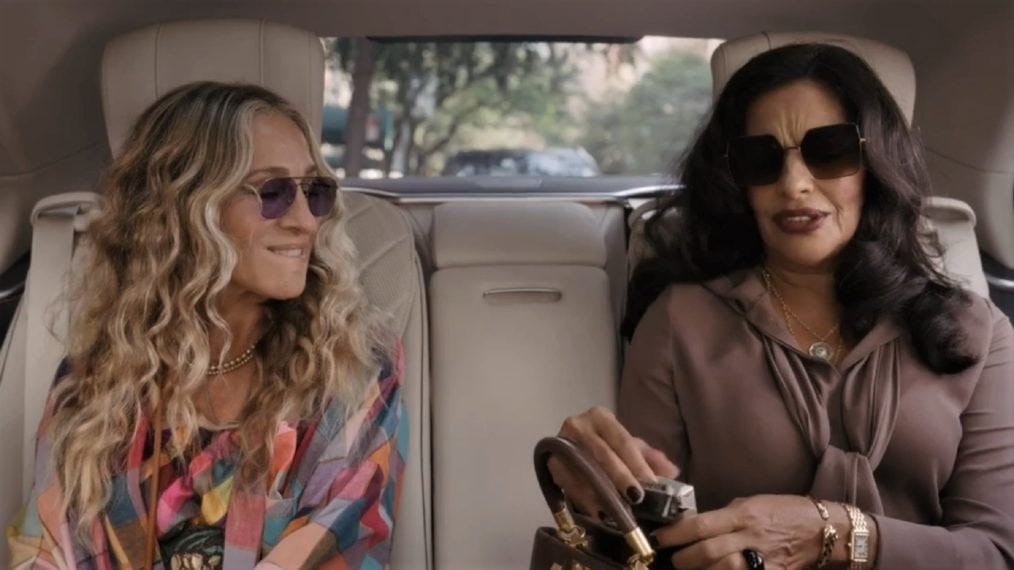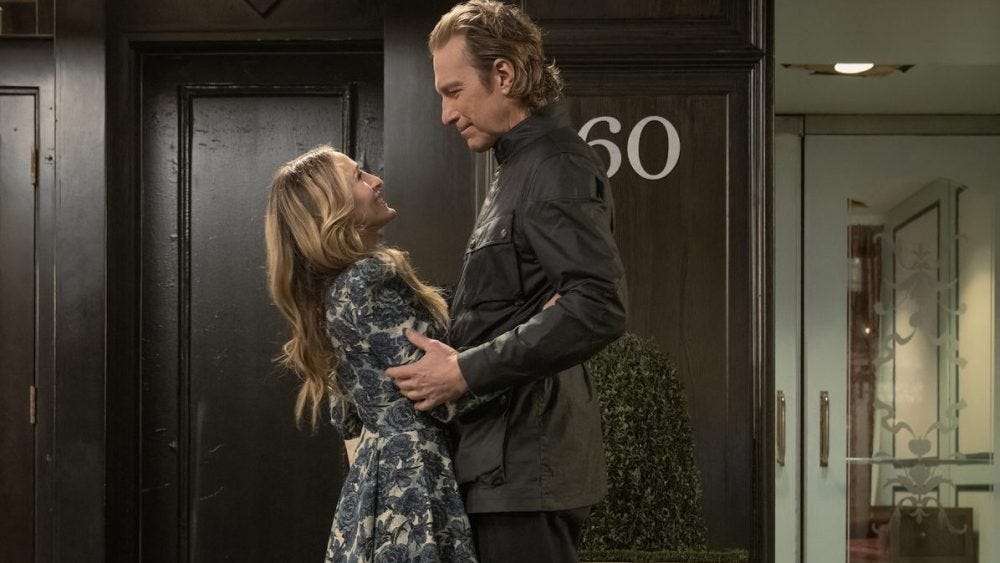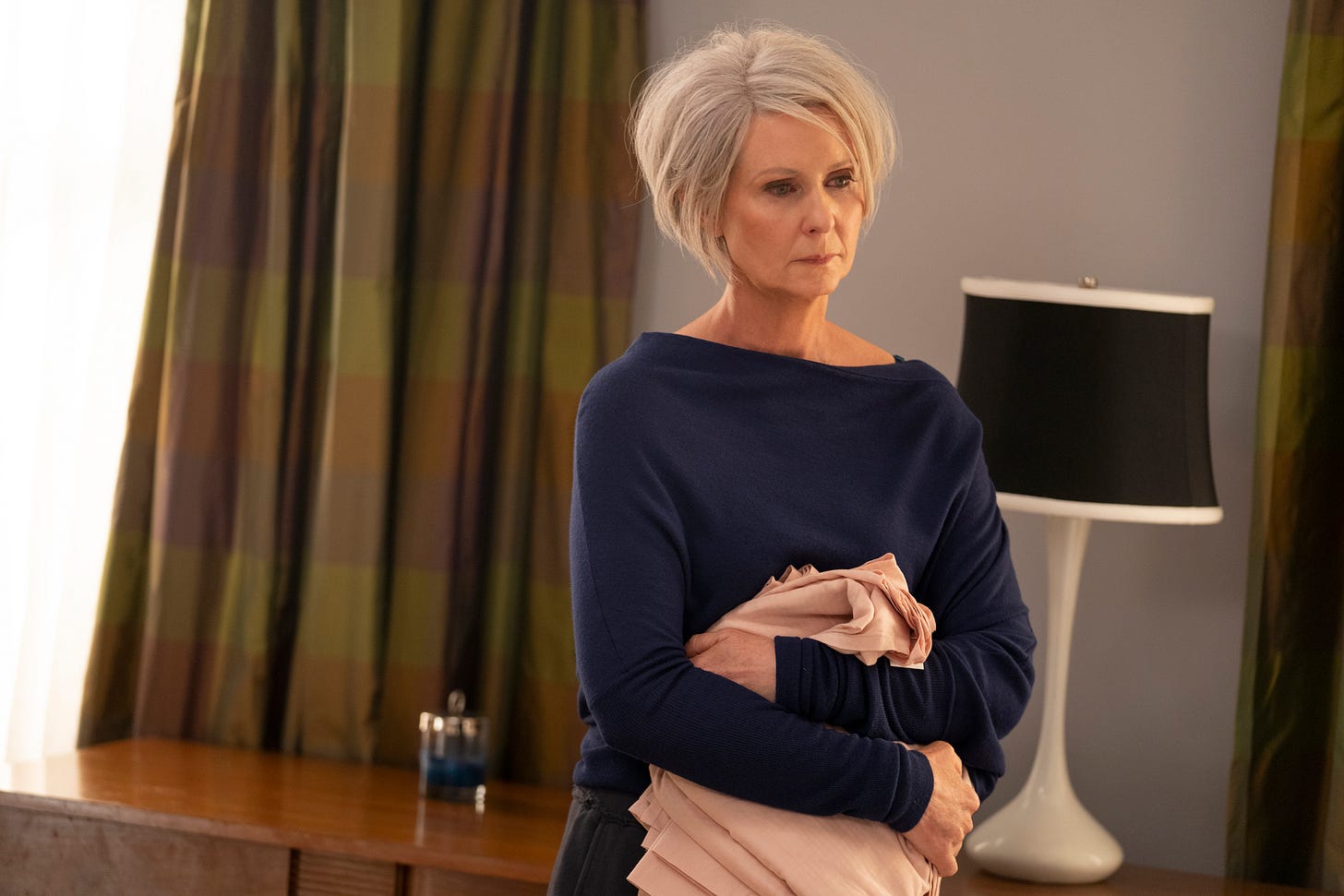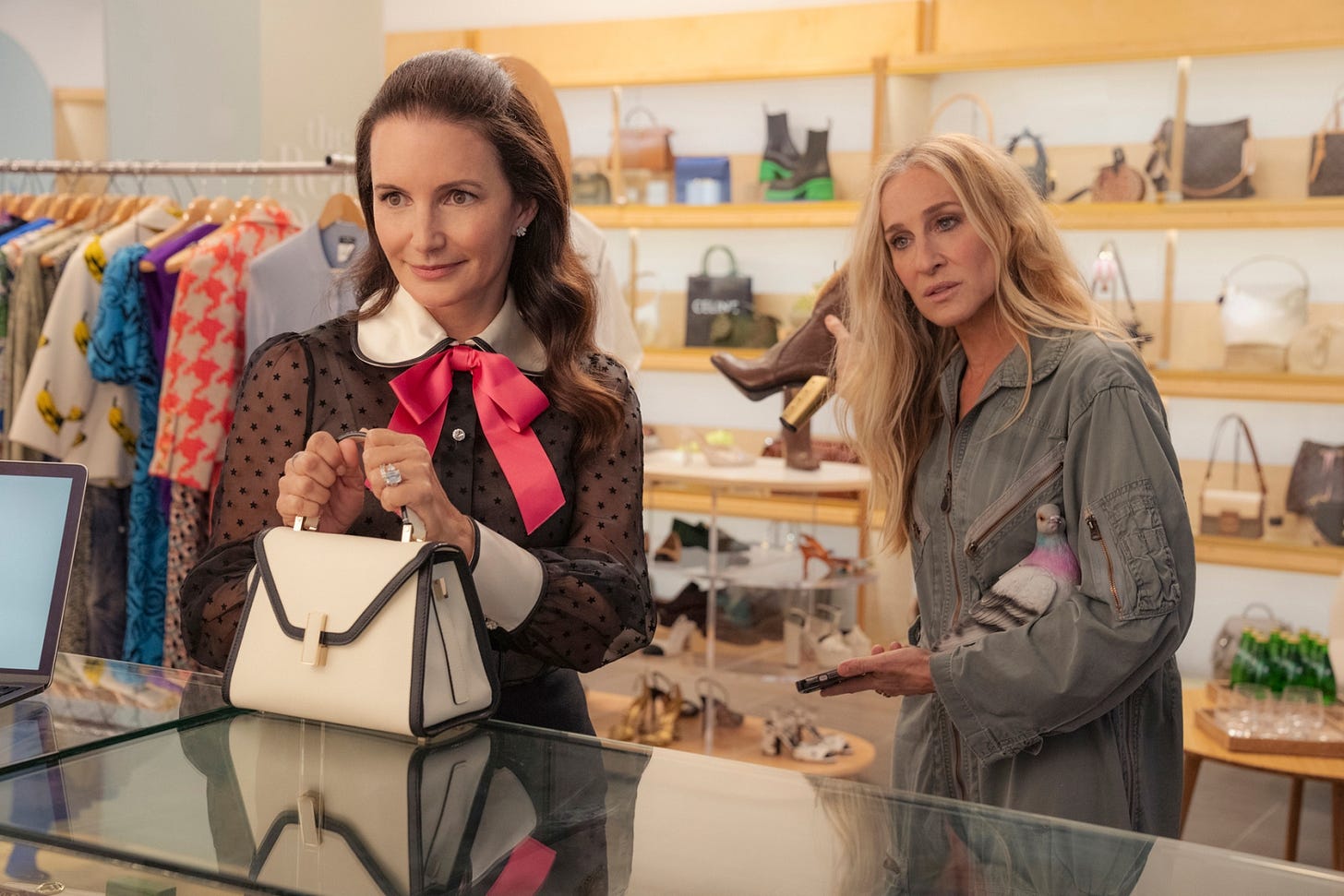"People will hate Season 2 too, but they'll watch it,” And Just Like That… writer Samantha Irby proclaimed in a recent New York Times profile. That may be true, but that hate will be either tempered or emboldened by the critical response. So what are the critics saying?
Variety had the most measured and thoughtful review, writing how “the strangeness and sublimity of And Just Like That… lies in how its flaws feel predictable and knowable, like the contours of a friendship.” They call out some narrative shortcomings (“Sarita Choudhury’s Seema… really likes smoking cigarettes”) but also credited the show for its adaptability: “Its characters combine a fundamental knowability, certain core characteristics that allow us to imagine them in any situation. But they are rounded enough that they still retain the potential to surprise us. The fungibility of the franchise, shifting from half-hour comedy (one that itself evolved a great deal) to bacchanalian epic-length films to an often downbeat dramedy about late middle age, has surprised, too.”
The Washington Post remarked that the series “still doesn’t know what it’s looking for,” noting that it “feels defensive and well meaning but also aimless and distractible… as though it keeps losing track of the story it’s trying to tell.” This is buttoned in their closer, which underlines how the show “tries this season to compensate for its sexlessness with a wearying amount of inconsequential sex, just as it compensated in its first season for Sex and the City’s whiteness by introducing several women of color for the principals to befriend. It’s not necessarily a problem that Che’s arc ends up being more dramatic and interesting than Lisa’s or Nya’s or Seema’s. It’s definitely a problem, however, that I’m still not sure, seven episodes in, what any of these interesting new additions need, or want.”
The Hollywood Reporter argued that the new season is “adrift but watchable” in an ultimately middling review. Their biggest critique was with the bloated cast. “There are just too many people to cram into 45-minute episodes and, even more frustratingly, their plots are so siloed and tonally disparate.”
The Daily Beast raved that the new season “skips down the list of everything that was off, underwritten, or just plain inconceivably bad about the first season, correcting them one by one.”
The Telegraph was blunt in their frustrations, stating that though supporting characters get promoted to major roles in episodes one and two, “we don't care about them – just give us Kim's cameo.”
Rolling Stone was a bit more forgiving, arguing that “on the whole, Season Two feels less inherently ridiculous and self-indulgent than Season One.” They still weren’t all the way sold, however. “Some plots will make your eyes roll so far back into your heads that you will thankfully not be able to watch the next three or four scenes.”
People lied through their teeth, writing, “Season 2 is good enough to pretty much make you forget Samantha altogether.” Good or bad, no one is forgetting about Samantha Jones. The suggestion alone is egregious.
BBC called Season 2 “comfortable, unexciting” in one graph and “a sometimes annoying and dull nostalgia-fest” in another. It ultimately concluded that the second season veers closer in tone to the original series and reckons that the new cast members brought on for Season 1 “work better this time around.” Their largest critique was hurled at Miranda, who they noted has turned into a “dithering, besotted, insecure and boring person.”
Collider eviscerated the new season, declaring, “The only way to describe this season is that it's Saturday Night Live for Gen X white women and gays.”
The Independent felt similarly, opining that “what once seemed edgy for primetime TV now feels like a parody of itself” and that this season “ended up a toothless imitation of its ancestor.”
The Wrap deemed it “breezy, less cringey,” concluding, “This version has a lot of messes to clean up, a lot of characters to serve and not enough cohesive vision. But there is something to be said for simply giving us a romp with characters we’ve long loved, showing us the fun, sexy, and occasionally cringey aspects of aging along the way.”













SNL for Gen X women and gays? This seems like an endorsement to me.